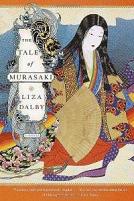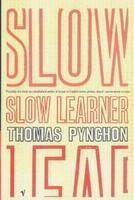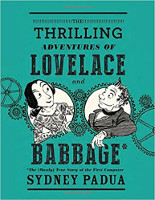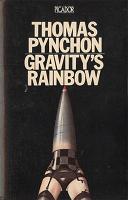 Here's an older review of The Tale of Murasaki by Lisa Dalby, a University lecturer and author, trained as a Geisha. The book is a mix of classic Japanese poetry, life during the Heian Period (11th century), Rituals and Gossip from the Imperial Court, and the story of the first Bodice Ripper in the history of literature, all wrapped up in one eclectic and fascinating story.
Here's an older review of The Tale of Murasaki by Lisa Dalby, a University lecturer and author, trained as a Geisha. The book is a mix of classic Japanese poetry, life during the Heian Period (11th century), Rituals and Gossip from the Imperial Court, and the story of the first Bodice Ripper in the history of literature, all wrapped up in one eclectic and fascinating story.
This is an unusual book to show up on my reading pile but then again, stories from a real life court make a nice change from all the imaginary ones ;-)
This book spans a huge number of topics – Heian period life in Japan, rituals, beliefs, court life, politics, classic poetry from that period, and, more in the story-within-the-story and the book itself, a bodice ripper/romantical fiction/chick-lit story. Fascinating stuff (besides the last bit, of course…)
The story follows “Murasaki” (a name she took on after one of her characters in her book) Shikibu, of the influential Fujiwara clan. It is written from the viewpoint of her daughter, who, after Murasaki’s death, finds her diary and other writings, with the actual story told in diary form, ie in the first person.
The story is based on what remains of Murasaki’s diary, her poetry collection, the Tale of Genji which she wrote (all of which available in translation), and a number of historical sources. It depicts the history of most of her life, her family and their travels, her affairs with other women, her marriage, and her appointment to court as one of the Ladies-in-waiting to the Empress.
A few words on the background of this book – the book Murasaki writes during that time (The Tale of Genji) is considered the ‘first fiction novel’ in the history of literature. It is part romantic fantasy, part bodice ripper, modern bookshops would stock it under ‘Chick Lit’ if it were written a 1000 years later, and not in classics! The book itself is (still) huge in Japan, and a number of different translations are available.
I quite like the various layers of the set-up: here we have a book, written by a westerner trained as a Geisha, about a daughter reading the diary her mother wrote (or writes, the story plays in the present), which tells of her life, and the book she wrote as a part thereof. Lisa Dalby herself, besides her Geisha training, has a wealth of background knowledge of ancient Japan, and has written a number of books on the topic.
All in all the book is a good and rewarding read, given its topic it’s surprisingly NOT sugary or contrived. The fact that it’s a “fictional biography” does not distract from the very colourful life that unfolds in front of your eyes, to the contrary, I think it’s a great treatment of the subject, especially in the light of what we know of Murasaki.
It also has some length in parts – the story intersperses the ‘action’ parts with lengthy reflection parts on nature, the seasons, and the beauty (or not) of it all – all very Japanese, and tied to a lot of the poetry in the book, too.
There are loads of Waka poems (5-7-5-7-7 syllable structure – the abbreviated 5-7-5 Haiku structure was developed later), all of them 11th century originals.
Why read it? If the overall topic doesn’t turn you off then I can strongly recommend the book – it’s a great treatise on Heian times, customs, and poetry, and will transport you to this time and place!
Title: The Tale of Murasaki
Author: Lisa Dalby
Reviewer: Markus
Reviewer URL: http://skating.thierstein.net
Publisher: Anchor Books
Publication Date: August 2001
Review Date: January 16 2006
ISBN: 0385497954
Author URL: http://www.lizadalby.com/
Pages: 448
Format: Paperback
Topic: Fantasy













